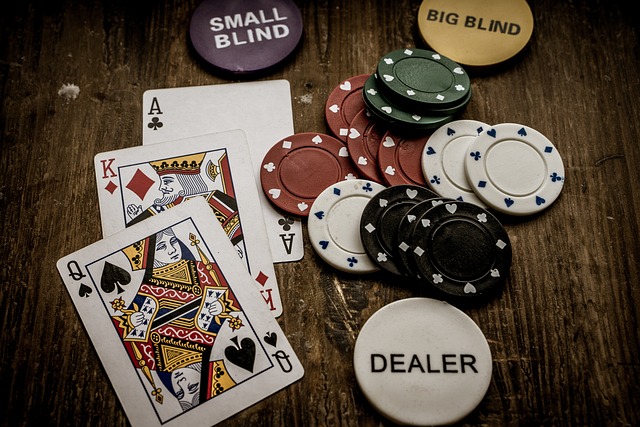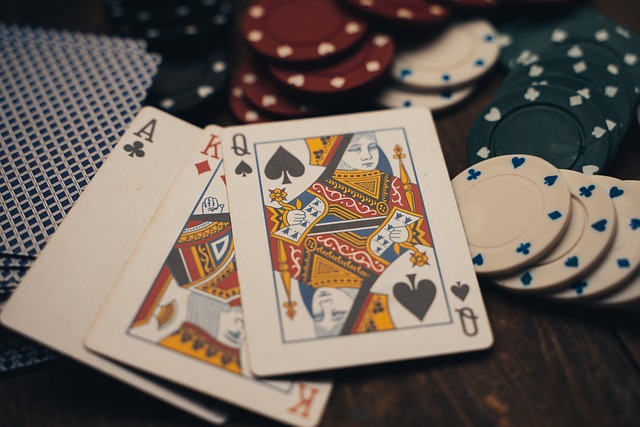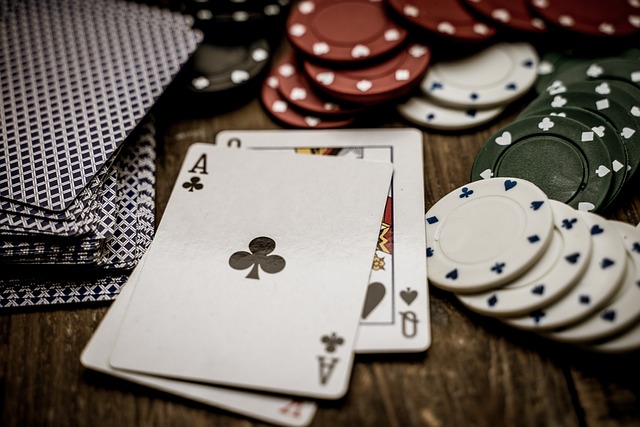Bluffing in poker is similar to executing a crafty maneuver. It’s when you pretend to hold the strongest cards, even if you don’t actually have them. That’s what bluffing is all about! You adopt a confident demeanor, aiming for others to buy into your act and fold, even if they’re holding decent cards. Bluffing isn’t confined to poker alone; it can be handy in various scenarios. If online poker is your thing, why not test your skills at National Casino and see how it pans out?
Understanding the Psychology
Good bluffers understand how people think and act. They use this knowledge to trick their opponents into making mistakes. For instance, in poker, a good bluff can make others think they’re losing, even if they have good cards. This can make them fold and give up their chance to win.
The Anatomy of a Bluff

Pulling off a good bluff takes planning and how you act. You start by acting like you’ve got a strong hand, with steady betting and confident body language. Stay cool and collected to keep others from catching on. Picking the right moment is key—bluffs work best when the timing and your opponent’s behavior line up. Also, think about the risks: is it worth it to bluff, knowing you might get caught, versus the chance of winning big?
Poker: The Ultimate Bluffing Arena
In poker, bluffing is like a secret weapon that skilled players use. It adds excitement because you can’t always trust what others say about their cards. You know what’s pretty smart? Bluffing! It’s like when players pretend they’re holding amazing cards, even if they’re not, or they put on a confident front even when they’re feeling uncertain. That’s the move that shows who really knows their way around the game compared to those who are just starting out. Pros use bluffing to take charge of the game and fool other players into doing what they want.
Beyond the Poker Table
Bluffing isn’t just about poker—it’s a trick folks use outside the casino too. In real life, we bluff to get better deals, talk others into things, or look confident when things are up in the air. Job interviews, selling stuff, and chatting with friends all give chances to bluff.
The Risks and Rewards

Bluffing is a bit like taking a chance—sometimes you hit the jackpot and other times, you miss out. However, if you bluff too often and everyone catches on, they might start doubting your every move. But if you nail it, bluffing can score you some major wins, whether you’re playing cards or just handling everyday situations. The trick is to be good at it, trust your gut, and understand how people think.
Honing Your Bluffing Skills
Getting better at bluffing is all about practice, watching others, and being ready to take a chance. First, pay attention to how other players act and react in different situations. Then, try bluffing in games where you’re not risking much to get the hang of it. Start small, and as you get better, try out new bluffing tricks and adjust your strategy depending on what’s happening in the game.
